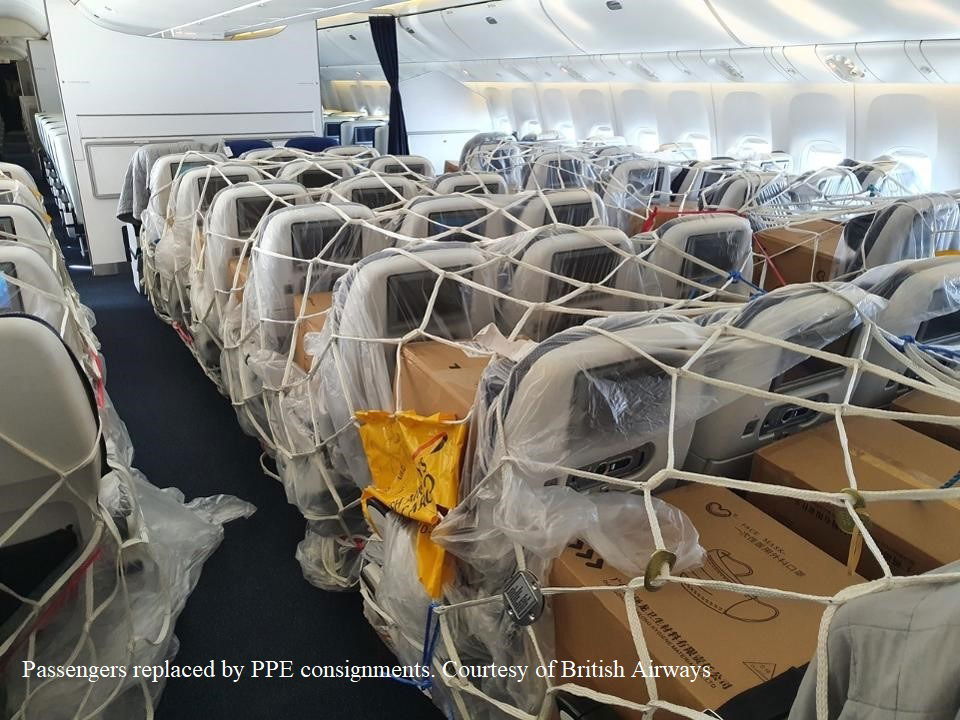Customs procedures and the response to COVID

Now that we are several months into this pandemic it has been interesting to watch some of the measures that national governments have implemented that will be delivered by customs agencies.
Universal has been the application of export bans of personal protective equipment (PPE) as countries seek to maintain a national stockpile of such supplies for their front line medical staff. On the ‘flip side’ of this PPE export ban are often enhanced facilitation procedures or ‘super green lanes’ for such PPE and other critical medical supplies such as sanitiser and diagnostic equipment to conduct testing. In such cases, governments are publishing a list of HS codes that can access not only these enhanced clearance processes, but also access duty and tax free status for the duration of the pandemic, and in other cases, the suspension of import licensing.
More generally, certain customs clearance procedures have been revised to take account of the difficult situation some traders find themselves in. For example, a common concession has been to defer the need to supply ‘original’ certificates that are required for clearance such as for origin, or phytosanitary purposes and Customs will accept copies, or digital versions of the original. Countries adopting such measures include Australia, Brazil, Costa Rica, Indonesia, Japan, Peru, Russia, South Africa, South Korea, and Thailand.
Another interesting ‘adjustment’ has been to streamline certain procedures to minimise the number of close contacts that are needed between officials, traders, brokers and other service providers. These changes to procedure have seen in many cases a reduced need for people needing to physically attend a customs office, or attend a physical examination of goods, and thus reduce the risk of virus spread. Examples of such new procedures have been seen in China, India, Indonesia, Peru, and Turkey.
A final area to note is the introduction of deferred duty and tax payments for imports. In most countries that already offer a deferred duty arrangement, such as monthly settlements, the payment date for each settlement period has been pushed back by 30, 60 and in some cases 90 days, providing some cash flow relief for businesses that are already struggling with reduced sales.
Dr Rob Preece
23/07/20